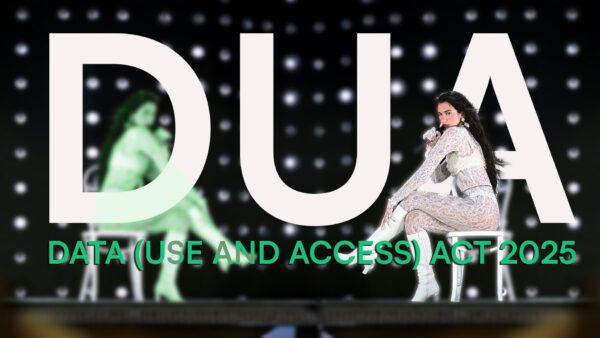If you are considering lending money to a family member or a friend, you may believe you are acting prudently by obtaining security (for example, a mortgage) against the borrower’s home to ensure you get your money (and any agreed interest) back.
However, without getting professional legal advice, you could find yourself inadvertently straying into the realms of a regulated mortgage contract (RMC). If this occurs, the loan contract may be deemed unenforceable, and you could be in breach of the Financial Services and Markets Act 2000 (FSMA).
What Is A Regulated Mortgage Contract?
Under article 61(3)(a) of the FSMA (Regulated Activities) Order 2001 (RAO), a contract is a regulated mortgage contract if, at the time it is entered into, the following applied:
- The contract is one under which the lender provides credit to a person or to trustees;
- The lender takes security for the repayment of the loan in the form of a charge over land of which 40% is used for or is intended to be used, as or in connection with a home by the borrower or (in the case of credit provided to trustees) by a beneficiary of the trust or a related person.
Under the RAO, anyone who is not authorised to carry out a regulated activity is prohibited from doing so. The contract will be unenforceable and criminal charges may be laid.
Read The Case Study
An example of how someone can suddenly find themselves entering into an RMC without meaning to is illustrated in the case of Jackson v Ayles and another [2021] EWHC 995 (Ch).
Mr Pumphrey lent money to Mr and Mrs Ayles, the Defendants. The Borrowers were property developers. The loan was secured by a charge on their family home. The Ayles defaulted on their loan repayments and declared bankruptcy.
Mrs Jackson, the Claimant, was subsequently appointed Mr Ayles’ trustee-in-bankruptcy. She applied for a declaration that the security held by Mr Pumphrey was unenforceable under FSMA.
Mr Pumphrey contended that because the activity had not been carried on “by way of business”, it was not regulated and so did not infringe the general prohibition in section 19 of the FSMA. The High Court disagreed because:
- Mr Pumphrey’s association with the Defendants was “not built on trust”. Instead, it was a commercial relationship.
- Mr Pumphrey made several loans to the Defendants over many years.
- Mr Pumphrey had sought advice from a lecturer of law at Kingston University about “private lending”. He had also obtained a charge template for the purpose of securing his lending to ensure he got his money back.
- Mr Pumphrey’s ROI exceeded market rates.
- Since 2005, Mr Pumphrey lent more than £3.5 million (albeit not at the same time) to 14 different people and companies.
The Court ruled that Mr Pumphrey was not an authorised or exempt person for the purpose of the FSMA. He was therefore barred from carrying on a regulated activity but did so anyway. He was therefore in breach of the general prohibition in section 19 of the FSMA. Consequently, the loan was unenforceable under section 26(1).
What Are The Exemptions That Mean A Loan Is Not An RMC?
Article 61A(1) and (2) of the RAC provide that a contract is not a RMC if it falls into one of the below categories:
- An Islamic mortgage.
- A limited payment second charge bridging loan.
- A second charge business loan.
- An investment property loan (this also applied to commercial borrowers as long as certain conditions are met)
- An exempt consumer buy-to-let mortgage contract.
- An exempt equitable mortgage bridging loan.
- An exempt housing authority loan.
- A limited interest second charge credit union loan.
If one of the above exemptions applies, the loan agreement is defined as an unregulated mortgage contract.
Wrapping Up
Given that inadvertently creating an RMC can lead to expensive civil litigation and criminal prosecution and could potentially leave you with an unenforceable loan agreement, it is important to seek legal advice if you are considering providing a loan that will be secured over property.
Doing so will ensure you understand the consequences of the contract and that you are able to protect your best interests.
To discuss any of the points raised in this article, please contact Jason Greenberg or fill in the form below.









